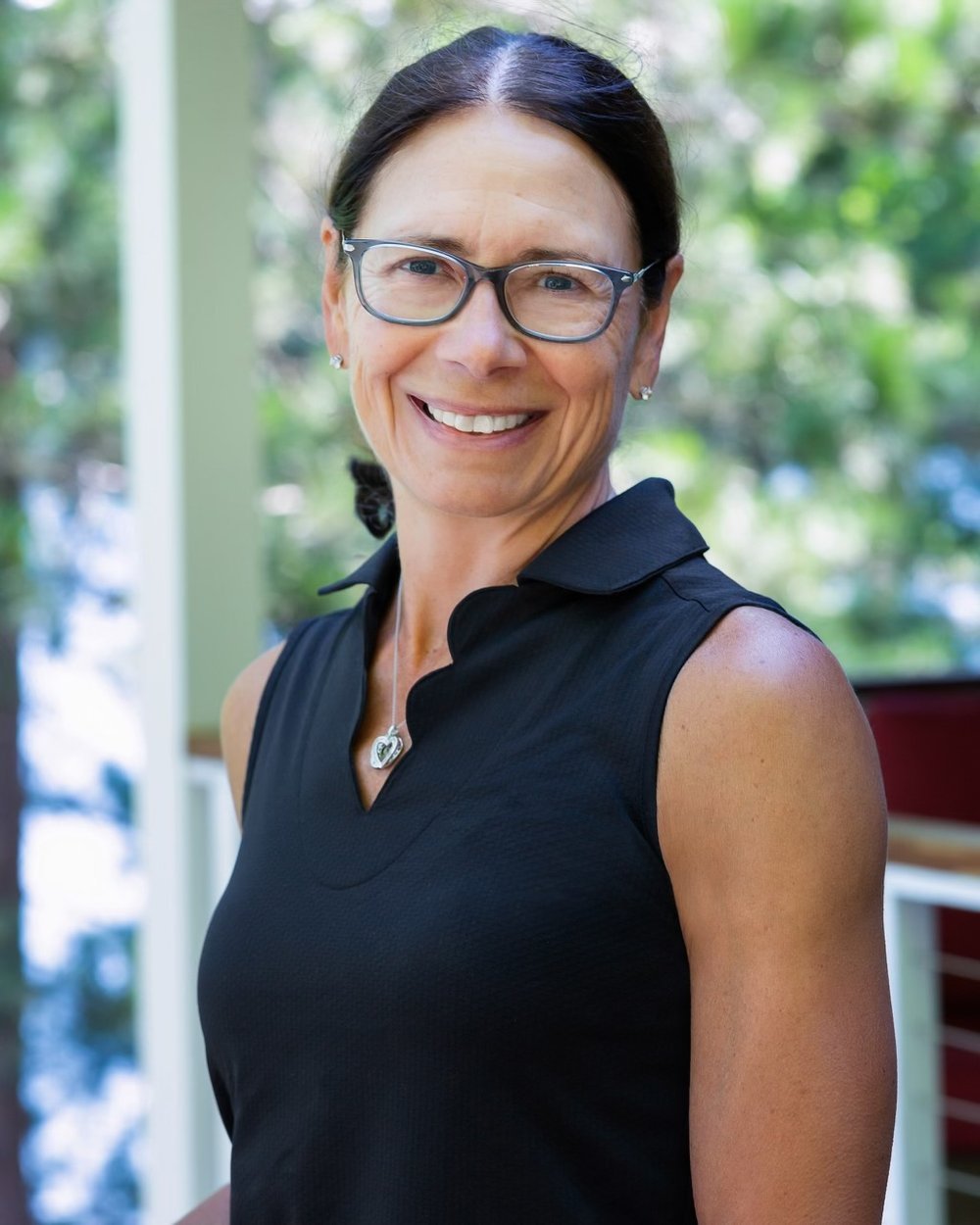 The COVID-19 pandemic has impacted everyone, especially those of us in healthcare. Our way of practicing medicine has been changed; some would say forever. We find ourselves not only affected clinically, but also emotionally.
The COVID-19 pandemic has impacted everyone, especially those of us in healthcare. Our way of practicing medicine has been changed; some would say forever. We find ourselves not only affected clinically, but also emotionally.
As a result, clinicians are experiencing more stress and anxiety than ever before. These feelings are not new but have been heightened in the face of the pandemic. As we enter September, National Suicide Prevention Month (and Physician Suicide Awareness Day on September 17th), this topic becomes even more timely. Physicians and providers are perceived as self-reliant, emotionally stoic and pillars of the medical community. Society expects perfection from our healthcare system and turns to us in times of medical crisis. However, we as clinicians need to recognize our humanity; doctors are people too. We have the same emotional needs as any other individual. In fact, one could argue that the demands of medicine require an even greater level of emotional support than other professions.
It is important to acknowledge where the emotional stress comes from, so we can understand how to deal with it.
Second Victim Syndrome (SVS)
The term “Second Victim Syndrome” (SVS) was first coined by Dr. Albert Wu in 2000. This refers to the phenomenon of a clinician becoming victimized by an unanticipated adverse medical event; the patient is the primary victim, but the clinician is affected secondarily. SVS can impact all members of the healthcare team, including physicians, mid-level providers, nurses, therapists, pharmacists and techs.
It is estimated that up to 50% of healthcare professionals will experience SVS at some point in their careers. A recent survey of surgeons revealed that, within the last year, 80% experienced symptoms of SVS related to an adverse event in the O.R. Examples include sudden death, missed diagnosis, medication error, complication of procedure and malpractice lawsuits. These events trigger physical and emotional reactions, which in turn impact the ability of the clinician to perform at their optimal level.
SVS Symptoms
Physical symptoms include fast heart rate, rapid breathing, diarrhea, sleep disturbance, nausea and vomiting, headache, muscle tension and eating disturbance. Psychological symptoms include inability to concentrate, anger, irritability, anxiety, depression, fear, flashbacks and loss of confidence. SVS has been compared to Posttraumatic Stress Disorder (PTSD), and is associated with increased rates of burnout, substance abuse, and even suicide. SVS has a well-recognized natural history, with six discrete stages described by Dr. Susan Scott:
- Chaos and accident response
- Intrusive reflections
- Restoring personal integrity
- Enduring the inquisition
- Obtaining emotional first aid
- Moving on
Video on Second Victim Syndrome (6 minutes)
This video shares a powerful story and offers compassionate insight into SVS. It highlights how to support a practitioner who is experiencing SVS by offering a strong sense of community and ensuring supportive resources (such as Peer Coaching) are available.
Watch the video here: https://www.youtube.com/watch?v=YeSvCEpg6ew&feature=youtu.be
How do we address SVS?
Obtaining emotional first aid is a crucial step in the recovery process. This is where Peer Coaching becomes an important part of the picture. As the name implies, Peer Coaching includes emotional support from colleagues to help the clinician navigate through the signs and symptoms of SVS.
This assistance is provided through confidential, non-judgmental sessions wherein the clinician is afforded a “safe space” to discuss their feelings. Peer coaches are medical professionals and certified coaches, who use techniques of active listening and open-ended questions, allowing the clinician to debrief, often gaining insight into their emotional state. The goal is to buoy the clinician through the acute event, providing “emotional first-aid” as the initial step to recovery.
Where Can We Find Peer Coaching?
Peer coaches with VITAL WorkLife are trained to provide this support and can be available on an urgent basis. Acknowledging that we are not invincible super humans is an important first step towards achieving the emotional fitness that we all deserve. Remember, our responses as “second victims” are the normal reactions of human beings, and as such deserve compassion and support from our colleagues!
We Can Help
As part of your Well Being Resources from VITAL WorkLife, you have access to Peer Coaching, face-to-face or virtual counseling and in-the-moment behavioral health support, which can support you if you are experiencing SVS. Your organization provides these resources to you to support your well being and offer confidential, external support for whatever challenges you are experiencing.
Contact us at 877.731.3949 or through the VITAL WorkLife App to access your resources today.
National Suicide Prevention Lifeline
If you’re thinking about suicide, are worried about a friend or loved one, or would like emotional support, the National Suicide Prevention Lifeline is available 24/7 across the United States. Call 800.273.TALK (8255) or CLICK HERE TO CHAT with a counselor. For more information, visit https://suicidepreventionlifeline.org/.
Sources:
https://www.cordem.org/globalassets/files/misc.-files/second-victim-toolkit_.pdf
https://www.ncbi.nlm.nih.gov/pmc/articles/PMC6697646/
https://www.jointcommission.org/-/media/tjc/documents/newsletters/quick_safety_issue_39_2017_second_victim_final2pdf.pdf?db=web&hash=8B3AD29E1C947C4E39F09A547991D55B
https://www.healthleadersmedia.com/nursing/hospitals-must-help-clinicians-second-victim-distress


